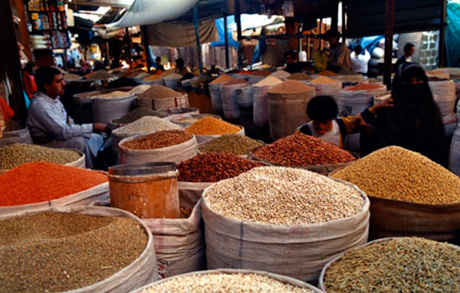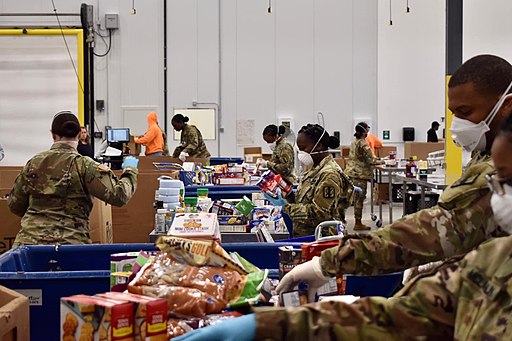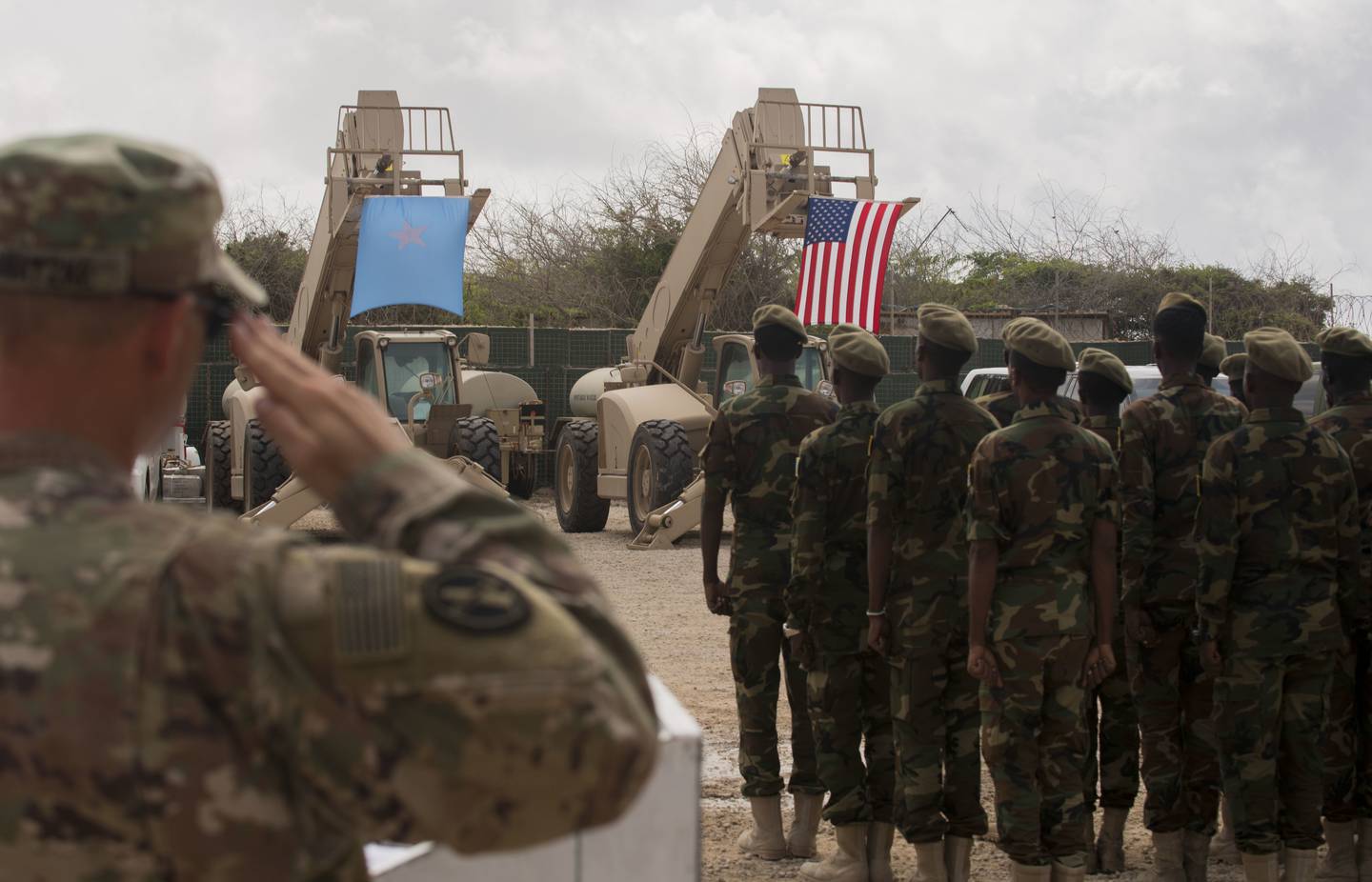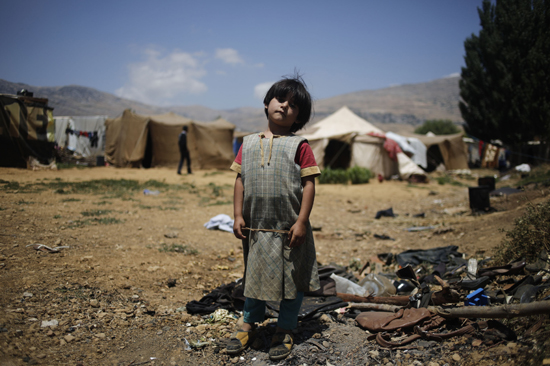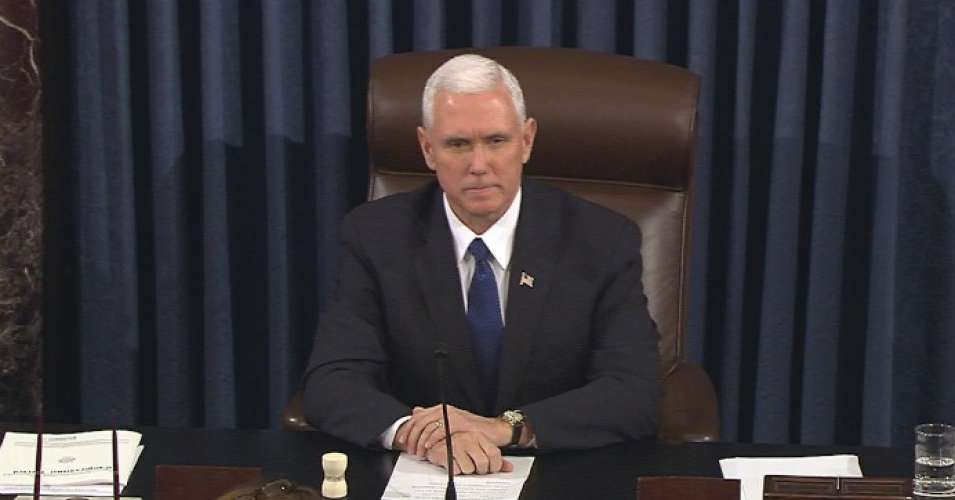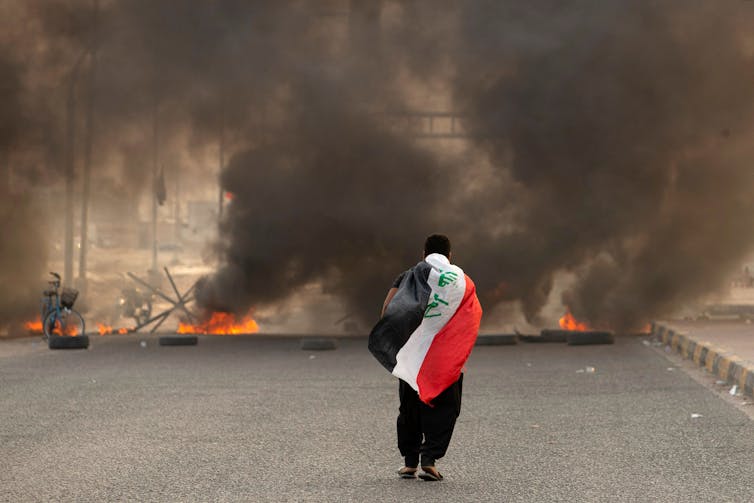
Hussein Faleh/AFP via Getty Images
Brian Urlacher, University of North Dakota
President George W. Bush and his administration put forward a variety of reasons to justify the 2003 invasion of Iraq.
In the months before the U.S. invasion, Bush said the looming conflict was about eradicating terrorism and seizing weapons of mass destruction – but also because of a “freedom deficit” in the Middle East, a reference to the perceived lag in participatory government in the region.
Many of these arguments would emerge as poorly grounded, given later events. Continue reading



